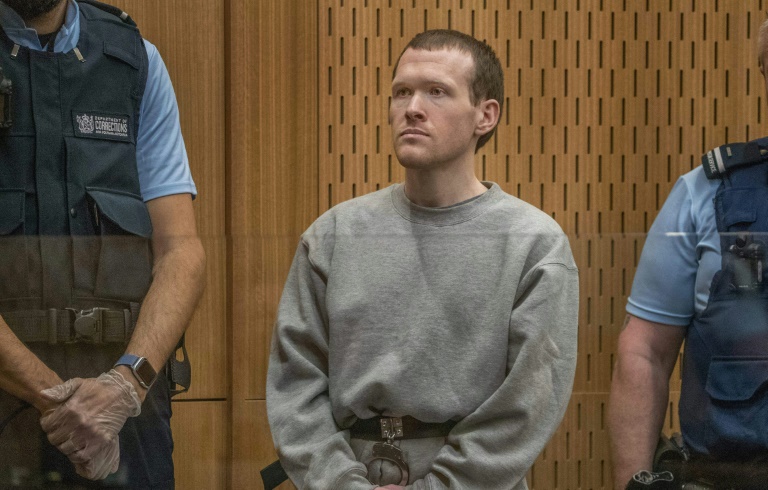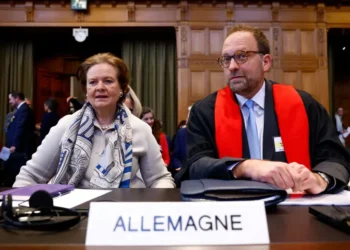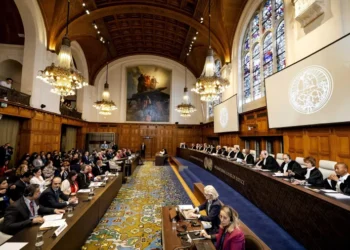A New Zealand court sentenced a man who killed 51 Muslim worshippers in New Zealand’s deadliest shooting to life imprisonment without parole, the first time such a sentence has been handed down in the country’s history.
Brenton Tarrant, 29, was sentenced after pleading guilty earlier this year to murdering 51 men, women and children at two Christchurch mosques on March 15, 2019. The youngest victim was just three years old.
The Australian citizen also pleaded guilty to 40 counts of attempted murder and one charge of terrorism — he is the first person in New Zealand to be convicted of that crime.
Justice Cameron Mander read the names of every victim, both the injured and dead, telling Tarrant about the people whose lives he destroyed and cut short. The judge, called his actions “inhuman”, adding that he had “showed no mercy”.
“You showed no mercy. It was brutal and beyond callous — your actions were inhumane,” Mander told Tarrant.
“As far as I am able to gauge you are empty of any empathy to your victims, you have said you were in a poisoned emotional state at the time, and terribly unhappy. You felt ostracized by society and wanted to damage society as revenge.” Mander added.
Tarrant, who represented himself at the hearing chose not to address the court, but instructed lawyer Pip Hall to speak on his behalf. “Mr Tarrant does not oppose the application. He should be sentenced to life in prison without parole.”
Justice Cameron Mander turned to Brenton Tarrant, and asked him if he wanted to speak.
“No. Thank you.” Tarrant replied quietly.
The Christchurch attack was unprecedented in New Zealand, a country of only five million people where gun killings are uncommon.
The attack, which was livestreamed on Facebook by Tarrant, shocked the world and in the wake of the killings, which took place in March last year, New Zealand brought in stricter gun laws including the ban of military-style semi-automatic weapons.
Thursday’s sentence came at the end of a traumatic four-day hearing at Christchurch High Court where 91 survivors and relatives of the victims described the pain Tarrant had inflicted on the Muslim community. During the sentencing, the court heard that the gunman planned to target another mosque but was detained by officers on the way.
Tarrant sat quietly, showing little-to-no emotion as they expressed fury, revulsion, forgiveness and sadness.
New Zealand abolished the death penalty for murder in 1961, and judges cannot impose cumulative sentences for crimes that relate to the same incident. Murder carries a mandatory life sentence, although the sentencing judge specifies how long they need to spend in jail before they are eligible to apply for parole.
Prime Minister, Jacinda Ardern has said that “much more” needs to be done to stop radicalisation in the country.
“The challenge for us will be ensuring in our everyday actions, and every opportunity where we see bullying, harassment, racism, discrimination, calling it out as a nation,” she said on the first anniversary of the attacks.




















